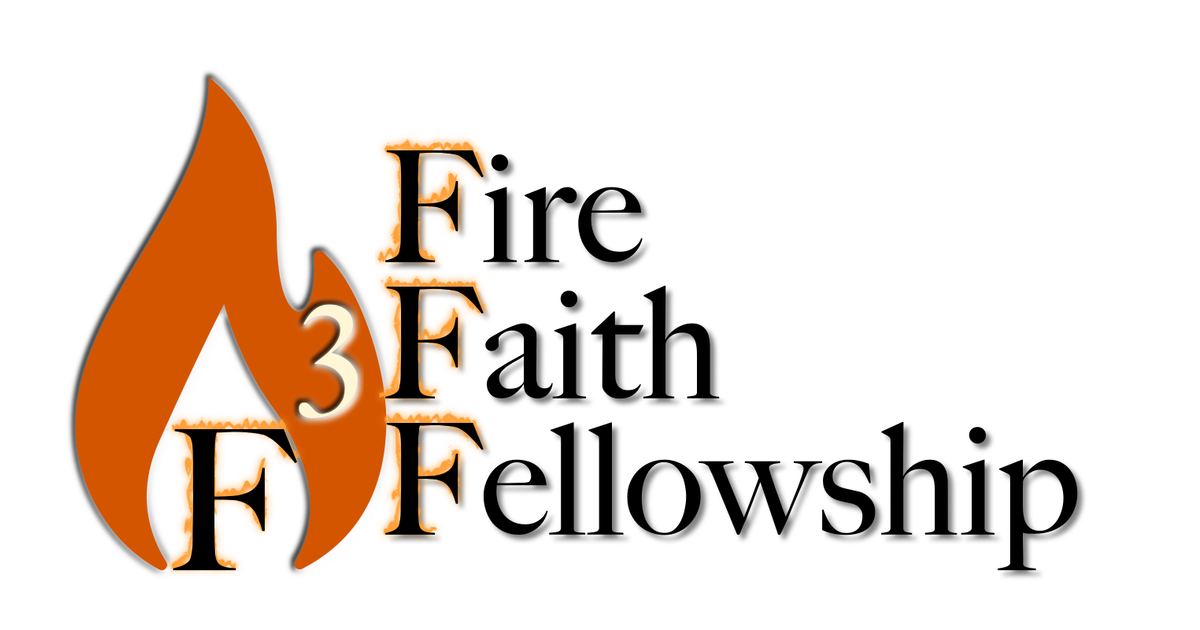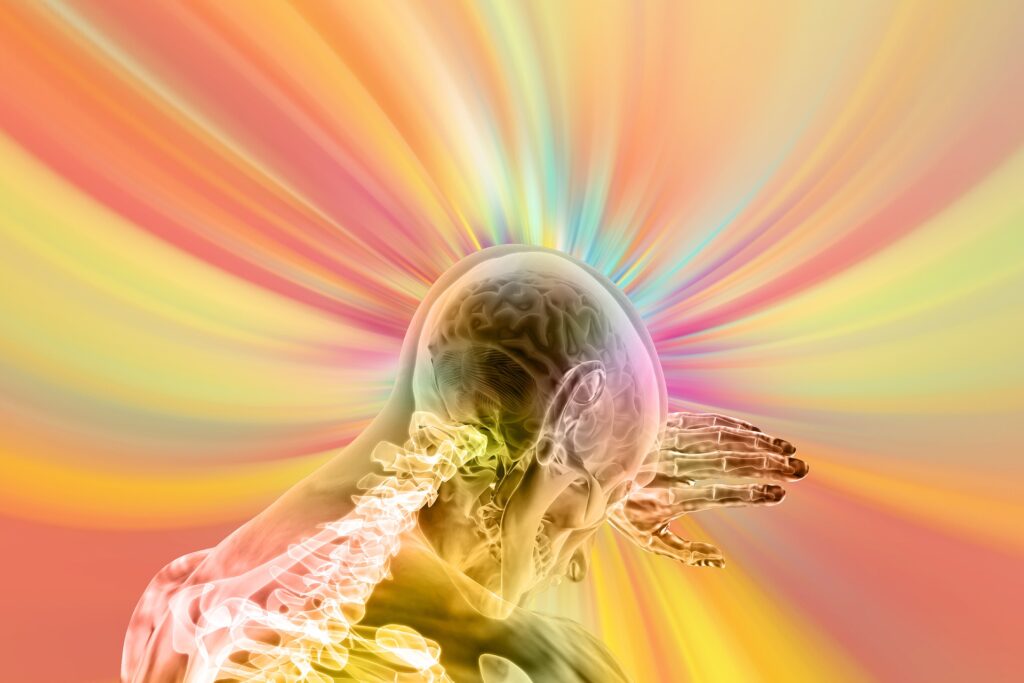What is the Divine Spark?
The concept of the “divine spark” has fascinated theologians, philosophers, and spiritual seekers for centuries. This idea suggests that a sacred essence or a spark of the divine resides within every human being. The divine spark philosophy transcends individual religious traditions, appearing in various forms across different faiths, including Christianity, Judaism, Islam, Hinduism, and Gnosticism. This article will delve into the concept of the divine spark, exploring its origins, proponents, and significance within Christianity and other religious traditions.
The Divine Spark in Christianity
In Christianity, the idea of the divine spark is closely related to the belief that humans are created in the image of God (Genesis 1:26-27). This concept implies that every human being possesses an innate spiritual nature, reflecting the divine qualities of love, wisdom, and compassion. Early Christian theologians, such as St. Augustine and St. Thomas Aquinas, emphasized the importance of recognizing and nurturing this divine essence within oneself.
St. Augustine wrote: “You have made us for yourself, O Lord, and our hearts are restless until they rest in you.” This quote highlights the yearning for connection with the divine, which is inherent in the human soul due to the presence of the divine spark.
The Divine Spark in Other Religious Traditions
-
Judaism: In Jewish mysticism, particularly Kabbalah, the concept of the divine spark is expressed through the notion of “neshama,” the highest level of the soul. The neshama is believed to be a direct emanation from the divine, endowing humans with a connection to God. This connection enables individuals to engage in spiritual growth and attain higher levels of consciousness.
-
Islam: In Islam, the concept of the divine spark can be related to the idea of the “fitrah,” or the innate human inclination towards goodness and the recognition of God. Islamic tradition holds that every person is born with the fitrah, which guides them towards righteousness, but it can be obscured by negative influences and personal choices.
-
Hinduism: The concept of the divine spark is found in the Hindu belief in the “Atman,” the individual soul that is considered a part of the ultimate divine reality, “Brahman.” The Upanishads, ancient Hindu scriptures, teach that realizing the unity of Atman and Brahman leads to spiritual liberation.
-
Gnosticism: In Gnostic traditions, the divine spark is referred to as the “pneuma” or “spirit.” Gnostics believe that the divine spark is trapped within the material world and that spiritual knowledge and self-awareness can help release it, enabling a person to return to the divine realm.
Proponents and Quotes
Various spiritual leaders and thinkers have promoted the idea of the divine spark throughout history. Some of the most notable proponents include:
-
Meister Eckhart, a Christian mystic, and theologian, wrote: “The soul’s highest function is to know God, and in knowing God, the soul is united with the divine spark.”
-
Plotinus, the founder of Neoplatonism, believed that the divine spark within each person is a part of the eternal “One,” from which all existence emanates. He asserted that individuals can attain spiritual enlightenment by recognizing and nurturing this divine essence.
-
Rumi, the great Sufi poet, wrote: “There is a secret medicine given only to those who hurt so hard they can’t hope. The hopers would feel slighted if they knew.”
Conclusion
The concept of the divine spark, as seen in the divine spark philosophy, is a universal theme in various religious traditions. It serves as a reminder that a sacred essence exists within every human being, connecting them to a higher reality or divine source. This idea transcends individual faiths, offering a shared understanding of human spirituality and the potential for personal growth, self-awareness, and spiritual transformation.
In Christianity and other religious traditions, the divine spark serves as a catalyst for spiritual growth and a reminder of our inherent connection with the divine. By recognizing and nurturing this divine essence within ourselves, we can strive to live more meaningful, compassionate, and spiritually fulfilling lives.
Prominent theologians, mystics, and philosophers have explored and promoted the idea of the divine spark throughout history. Their teachings and writings continue to inspire spiritual seekers and offer guidance for those seeking a deeper understanding of their own spiritual nature.
In today’s increasingly secular world, the concept of the divine spark can serve as a unifying principle, connecting people across different cultures and belief systems through the shared recognition of our innate spiritual essence. By acknowledging and embracing this divine spark within ourselves and others, we can cultivate greater compassion, empathy, and understanding, ultimately fostering a more harmonious and interconnected world.

